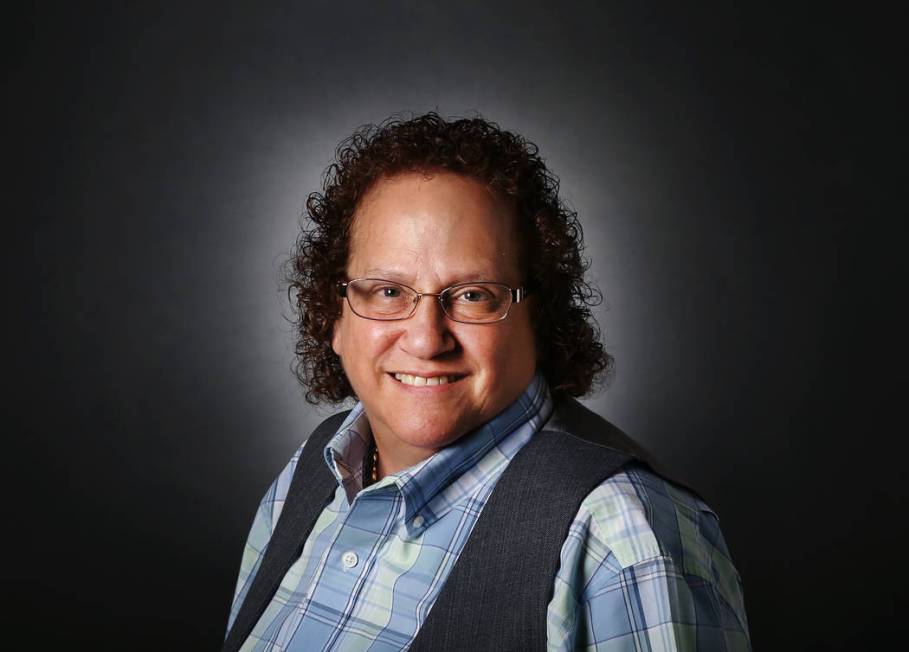HOA tries to protect funds from controlling homeowner

Q: I am writing to you because we have a problem. We have a newly elected board, and our “friendly enemy” is not happy because our current treasurer collected more than 50 percent of the votes. Our friend wants to take charge and be in control.
In the past, she was removed as the president because our treasurer discovered that there were several irregularities and unnecessary expenses that were not appropriately documented, nor received approval or discussion from the board.
A special meeting was created to remove her from the position; and it happened. However, she was allowed to remain and serve as a director.
We proceeded to present our evidence to the ombudsman office because we wanted her removed from the board. A registered letter was sent to her so that she could explain herself. She did not present herself before the ombudsman but instead resigned. As long as she was out, we did not pursue any legal action against her.
After one year, she got two of her cronies elected to the board. The following year, she helped her brother, whose identity was not disclosed to the general community, get on the board. Her scheme continues to evolve. She undermines our board, and during the reorganization of the new board this year, she tried to eliminate the elected treasurer to create a position for herself. She requested that a homeowner not presently on the board be appointed as the treasurer and, of course, she named herself. Her blatant attacks are unwarranted, and the animosity she brings with her desperate attempt to grab our funds is concerning.
How do we protect and safeguard our reserve, our dues and petty cash from this relentless individual? More importantly, how do we preserve our funds now and in the future from her desire to make our community funds become her own?
We went to clarify this situation with the ombudsman, according to the covenants, conditions and restrictions. According to the CC&Rs we can have an agent. Our agent is the community management company, and it is aware of the problem.
Because she has her brother and one more crony on the board, she thinks she can control the board. Are we in any danger? What can we do to protect our community? Your advice is required.
A: It’s time for your board to have a “sit down talk” with either your legal counsel or a representative from the Nevada Real Estate Division to discuss your roles as directors and officers to include, your fiduciary obligations, confidentiality and the election process of officers.
Q: If a couple in the community, married or not, are living together but only one is on the title, can the other party vote or attend homeowners association meetings? We had to ask one party to leave our board when we found out they were not on title.
A: Most governing documents state that you must be an owner to vote. Verification of ownership is the deed that has been filed with the county.
As to attending association meetings, there is no specific state law regarding a non-owner’s attendance. It would be a board decision and should be codified as a regulation if your association wants to require only owners attending meetings.
Q: I am a new board member for a sub association and have been through the ringer with the board members failing to keep me involved in items, and just basically doing stuff without asking me, or even running landscaping items by me. The community manager is young and has a thirst for power, and signing off on bills. The list goes on. Why or how can she do that? Then she tells me she is my manager like she is my boss or something. But the deal is she works for the community, right?
A: As a board member, you should be included in the decision-making process. My suggestion are as follows: One, you need to set an appointment with the community manager to review the operations of the association. Two, you need to review your governing documents, especially the rules and regulations and architectural guidelines (if you have any). This will assist you as to the specific requirements of your association. Three, attend classes at the Ombudsman Office for more information as to association laws.
Finally, during the executive session, discuss your concerns with the other directors and with the community manager.
Barbara Holland is a certified property manager, broker and supervisory certified association manager. Questions may be sent to holland744o@gmail.com.